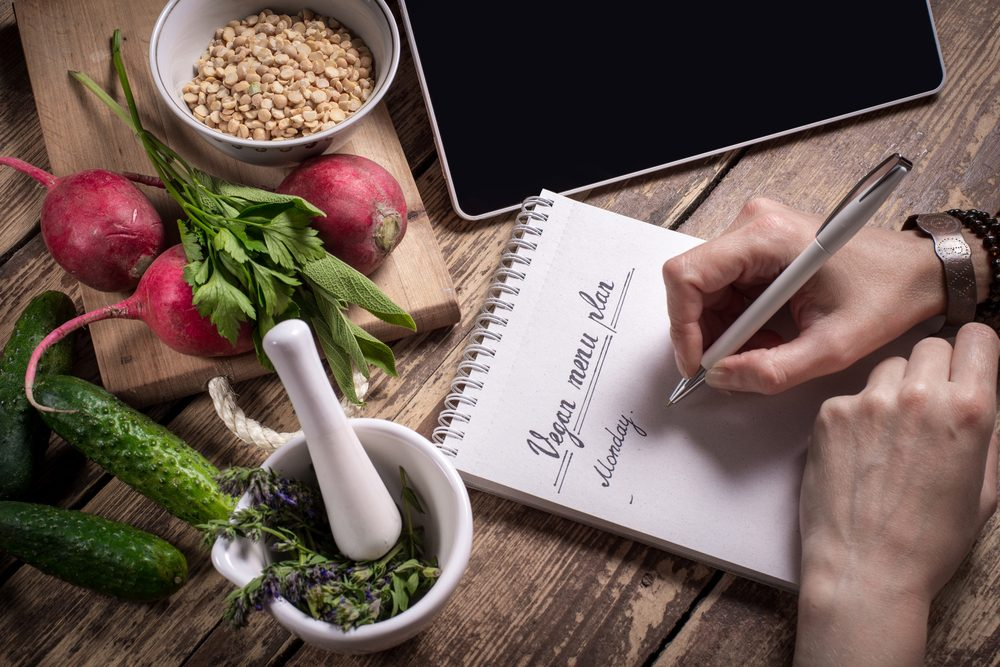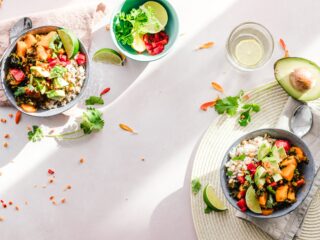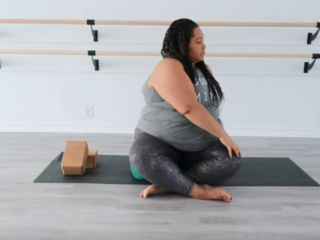
As a vegan, it is important to make sure that you are getting all of the nutrients that your body needs. This can be difficult to do if you are not used to cooking vegan meals or do not have a lot of time to prep food. Meal planning is a great way to make sure that you are getting the right balance of nutrients and can also help you save time and money.
There are a few things to consider when creating a vegan meal plan:
-Your nutrient needs: Make sure that you are getting enough protein, iron, calcium, vitamin B12, and omega-3 fatty acids.
-The types of foods that you like to eat: You want to make sure that you are including foods that you will actually enjoy eating. Otherwise, you are likely to get bored with your meals and may not stick to your vegan diet.
-The amount of time that you have to cook: If you do not have a lot of time to cook, look for recipes that can be made in a short amount of time or that do not require a lot of prep work.
-Your budget: Make sure to include affordable vegan foods in your meal plan. Beans, rice, and oats are all inexpensive vegan staples that can be used in a variety of recipes.
Vegan diet plan for weight loss fast
If you are looking to lose weight quickly, there are a few things to keep in mind when creating your vegan meal plan. First, make sure that you are including plenty of high-fiber foods such as beans, fruits, and vegetables. These foods will help you to feel full and satisfied after meals, so that you are less likely to overeat. Second, focus on including healthy fats and proteins in your meals. Good sources of vegan protein include tofu, tempeh, lentils, and quinoa. Healthy fats will help to keep you feeling satiated and can be found in nuts, seeds, avocados, and olive oil. Finally, make sure to drink plenty of water throughout the day to help promote weight loss.
Vegan diet plan for athletes
If you are an athlete, you will need to make sure that you are getting enough calories and protein to support your training. A high-protein vegan meal plan can help you to build muscle and recover from workouts. Good sources of vegan protein include tofu, tempeh, seitan, lentils, beans, and quinoa. You will also want to make sure to include plenty of healthy fats and carbohydrates in your diet to help you perform your best. Good sources of healthy fats include nuts, seeds, avocados, and olive oil. Complex carbohydrates such as oats, quinoa, sweet potatoes, and brown rice will help to fuel your workouts and give you lasting energy.
How to create a vegan meal plan on a budget
If you are on a budget, there are still plenty of delicious and nutritious vegan meals that you can enjoy. Beans, rice, and oats are all inexpensive vegan staples that can be used in a variety of recipes. You can also save money by cooking in bulk and batch cooking meals ahead of time. Planning your meals ahead of time can also help you to avoid wasting food. When creating your vegan meal plan, be sure to include a variety of different foods so that you do not get bored with your diet. Incorporate a mix of fruits, vegetables, whole grains, legumes, nuts, and seeds into your meals to ensure that you are getting all of the nutrients that you need.
Creating a vegan meal plan can seem daunting, but it does not have to be. By considering your needs and the types of foods that you enjoy, you can easily create a vegan meal plan that works for you. Whether you are looking to lose weight, build muscle, or just eat healthy, there is a vegan meal plan that can help you to reach your goals.










